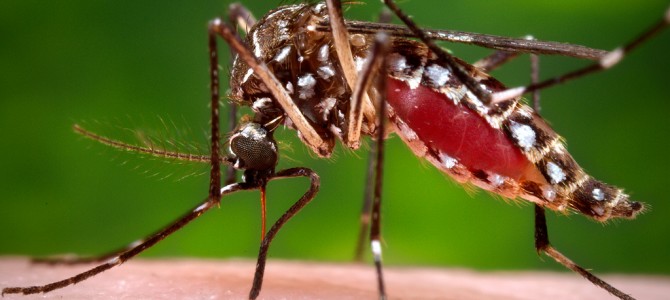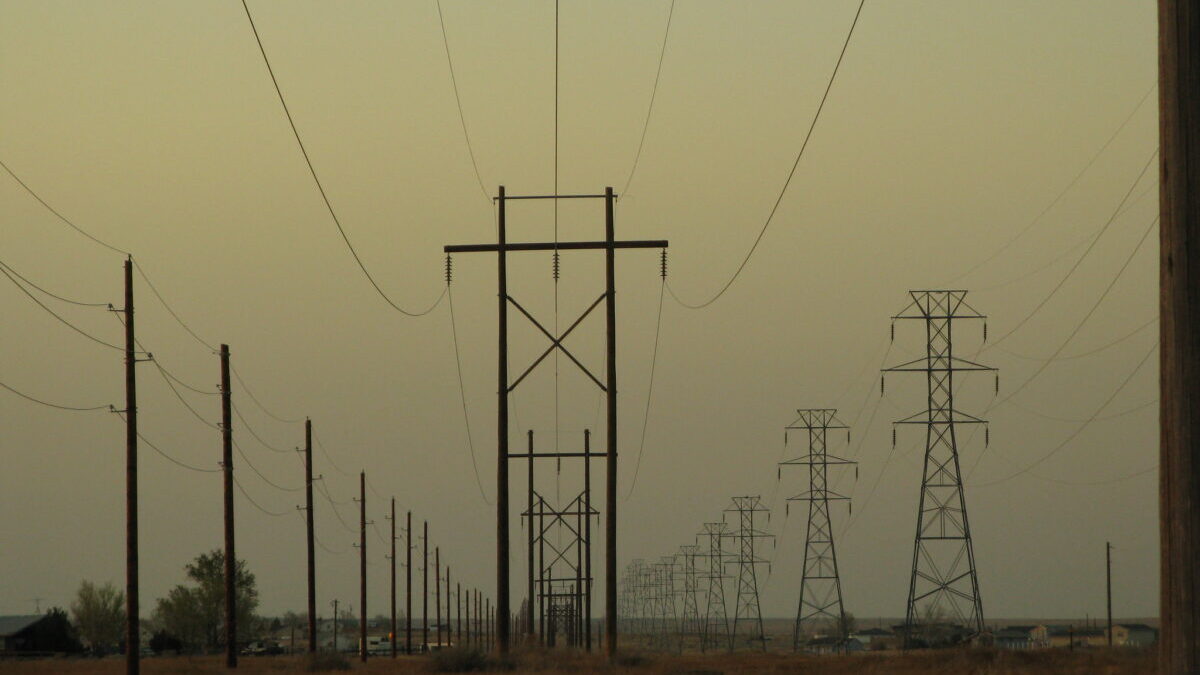For years, some of us have argued that the 1972 ban on DDT, and the subsequent abandonment of the pesticide across much of the world, was responsible for the resurgence of malaria in areas where it was once nearly eradicated. We’ve lamented the death toll created by the environmental hysteria and warned that the same thing might happen again.
Now we get some confirmation of our suspicions from none other than the Director-General of the World Health Organization, Dr. Margaret Chan, describing the cause of the Zika outbreak in South America.
Above all, the spread of Zika, the resurgence of dengue, and the emerging threat from chikungunya are the price being paid for a massive policy failure that dropped the ball on mosquito control in the 1970s.
“Dropped the ball”? That’s a bit of an evasion, because it wasn’t exactly an accident. It was policy. Following the ban on DDT in the U.S., the WHO turned against the strategy of fighting malaria by way of “vector control” (i.e., killing disease-carrying mosquitos) using DDT. Like a lot of decisions that led to disaster, you can find evidence of that policy mostly in negative form, by noticing attempts by the authorities to disavow it.
So when the WHO officially accepted the limited use of DDT 10 years ago, The Washington Post noted: “The World Health Organization reversed a 30-year-old policy yesterday and declared its support for indoor use of the pesticide DDT to control mosquitoes in regions where malaria is a major health problem.” Go back 30 years from 2006, and you get 1976, which is precisely the time when Dr. Chan says WHO “dropped the ball.” What an amazing coincidence.
Anthony Fauci of the National Institute of Allergy and Infectious Diseases is a little blunter in spelling out exactly how the mosquitos that carry malaria, dengue, and now Zika were once eradicated.
Years ago, in the fifties and the sixties, Brazil itself made a very aggressive attempt to eliminate the Aedes aegypti mosquito. They did it successfully but they did it in a way that would be almost non-feasible today — very heavy use of DDT, very aggressive use going into homes, essentially, spraying in homes, cleaning up areas, things that I think the general public would not be amenable to accepting. So, it can be done. But historically it was done in a way that might not be acceptable now.
It doesn’t take much reading between the lines to see what Fauci is saying by omission. He doesn’t say that DDT is “non-feasible” for reasons that are scientific, or economic, or medical. The whole reason DDT was originally popular is precisely because it isn’t toxic. No, the only reason it is “non-feasible” is because “the general public would not be amenable.” And why wouldn’t it be amenable? Because of 50 years of environmentalist propaganda telling everyone that DDT is some kind of super-toxin that will destroy life on earth.
(No, really. Rachel Carson ended “Silent Spring” by describing pesticides in particular and technology in general as a “superhighway” luring us toward “disaster” while touting her agenda, in typically understated environmentalist rhetoric, as “our last, our only chance to reach a destination that assures the preservation of our earth.”)
Why is Fauci talking specifically about what happened in Brazil? Because Zika is now established there, mosquito-borne. While the disease has little impact on healthy adults, it can cause severe birth defects when contracted by expectant mothers. In a few months, thousands of athletes and spectators will go to Brazil from around the world for the Olympic games; then they will all go back to their home countries. The 2016 Olympics is one giant potential disease vector pointing everywhere, so you can see why the problem of mosquito control takes on a certain urgency.
So why not just admit that the hysteria whipped up over DDT was wrong? Because this was the founding issue of the environmentalist movement. Rachel Carson’s “Silent Spring” was the first book to convince the common man that “chemicals” are scary and that modern industry and technology were going to destroy us. Banning DDT was the first triumph of the environmentalist movement in using political pressure to override scientific skepticism and impose its agenda by force.
To admit that it was wrong, and that its error cost millions of lives, would be to admit that its noble cause was fatally flawed from the beginning — and that maybe it’s wrong once again (and again) with its newest crusade. And that this, too, might end up having a cost measured in human lives.
Follow Robert on Twitter.









